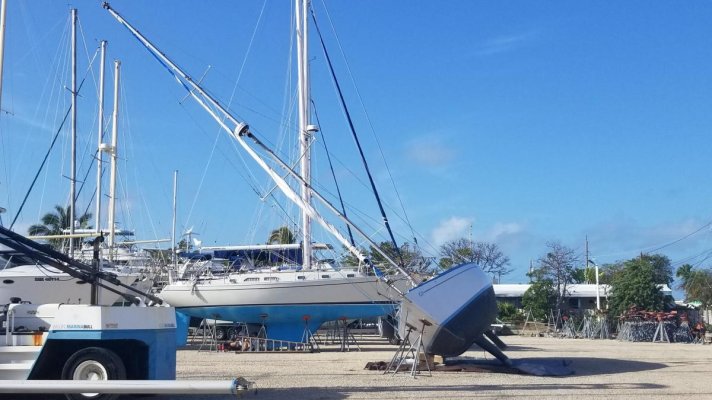I just read an interesting article regarding the death of fiberglass boats and where they are ending up, mostly in the water. Reading about the breakdown of fiberglass and the micro pieces following similar paths of plastic around the world was disheartening. While extensive research is still required the preliminary work doesn’t paint a good picture for the environment. Makes me wonder if at some point in the future recreational boat building doesn’t change course with materials and favor the environment which we all enjoy and need to protect. Will we see return to wood or ??
Any thoughts?
Any thoughts?




